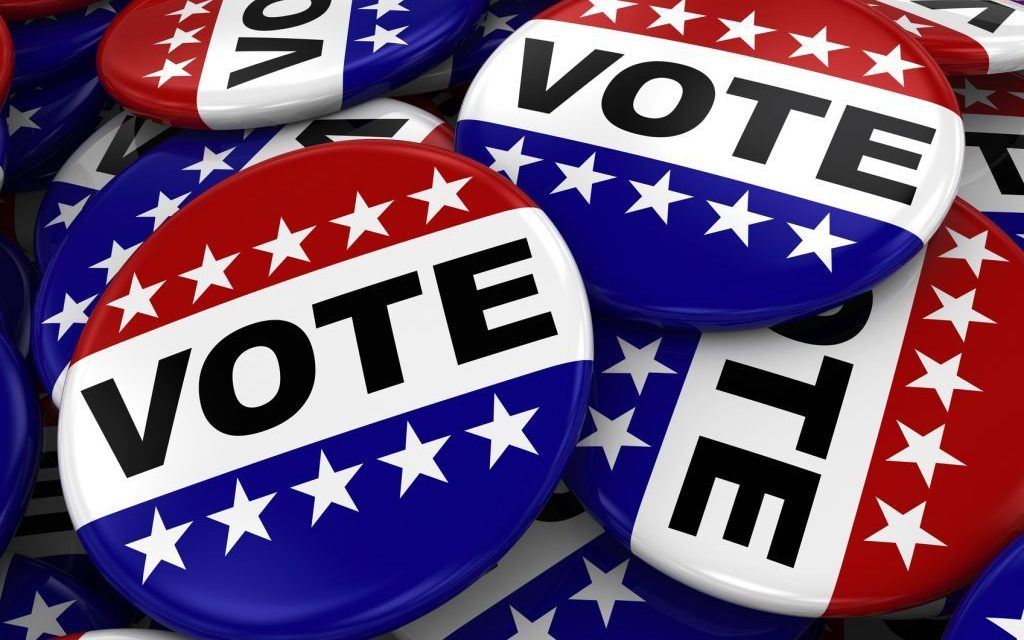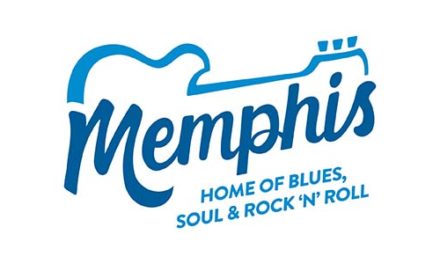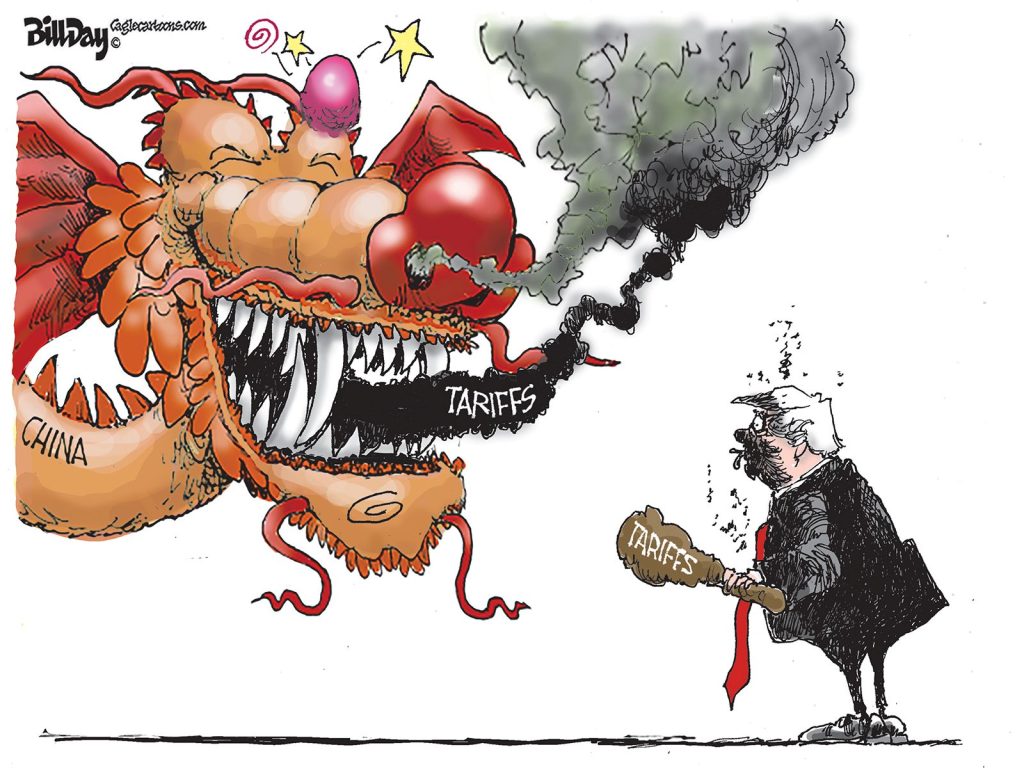By John Branston
Memphis is in the national spotlight this month for Martin Luther King, Jr. Day. Voting rights are also in the spotlight, and while there is no monument or museum (yet), Memphis would be an excellent site for a national Museum of Electoral Oddities. Consider these exhibits.
Cliffhanger elections: In 1991 the first elected black mayor, Willie Herenton, won by 142 votes out of 247,973 votes cast.
Runoff elections: Herenton won that winner-take-all election with 49.6 percent of the vote because a federal judge (a Republican) had just struck down the runoff provision in mayoral elections. Otherwise J. O. Patterson Jr., would have been the first Black mayor because he led the four-candidate field in 1982 with 41 percent but lost a runoff.
The crackpot candidate: In the 1991 Memphis mayoral election, Robert “Prince Mongo” Hodges from Planet Zambodia got 2923 votes, more than enough to tip the balance to one or the other of the two serious candidates. The runner-up, incumbent Dick Hackett, did not challenge the results although he would have only needed to flip 71 votes – without Herenton flipping any.
The serious third-party candidate: In the 1992 presidential election, Bill Clinton won with 43 percent of the vote to 37 percent for incumbent George H. Bush and 19 percent for jug-eared businessman Ross Perot who was widely parodied and also widely admired. Wonder how he would have fared in the internet age. Which brings us to . . .
Racial solidarity: Clinton and his running mate Al Gore were losing in Gore’s home state, Tennessee, until returns came in from heavily Democratic Memphis and Shelby County. Clinton took one Black precinct by a margin of 980-2. (Minus wild Bill, Gore the bore lost Tennessee and even his own county in 2000.)
Racial nonsolidarity: Steve Cohen won the 2006 Democratic congressional primary in a crowded field with 31 percent. The Ninth district is majority Black. Cohen is white. He has easily won reelection several times.
Gerrymandering: U.S. Sen. Marsha Blackburn, a Republican, came to prominence as a congresswoman from an unusual district produced by gerrymandering. When she was elected, the Seventh District stretched nearly 200 miles from Nashville to the Republican suburbs of Shelby County. Tennessee is a long, skinny state. One might think the congressional districts would run north and south. One would be wrong. Both Democrats and Republicans have redrawn the white Seventh and Black Ninth districts since the 1970s.
High turnout: In the 1991 mayoral election, 247,973 people voted – 65 percent of registered voters. Early voting sites had not yet been invented. Mail-in ballots meant absentee ballots. Yet people got registered and voted. Candidates won by forming alliances with rivals – as Herenton did with U.S. Rep. Harold Ford among others – and bringing in celebrities like Jesse Jackson to motivate people to get to the polls by whatever means on election day and stand in line if necessary.
Low turnout: In the 2015 mayoral election, only about 100,000 votes were cast despite widespread early voting. A white candidate, Jim Strickland, got 42 percent of the votes and defeated three Black candidates including the incumbent in the nonpartisan election. Strickland got roughly one third as many votes as Hackett did when he lost in 1991.
Lower turnout: In 2019, Strickland (whose former law partner was Republican congressman David Kustoff) was reelected with 62 percent of the vote. Turnout was 96,455. Campaigning as a nonpartisan happy warrior, Strickland easily defeated Herenton and activist Tami Sawyer. There were weeks of no-lines early voting at carefully chosen sites around the city. The main effect was a low turnout on election day. Nobody cried foul, fraud, or voter suppression, which would have been preposterous given the numbers. The real story — largely unwritten in local and national media then as now — was apathy.
The persistent politician: If at first you don’t succeed . . . by all means, try, try again. Upwardly mobile political opportunities abound in Memphis which has a two-headed city and county government structure, an elected school board, six substantial independent suburbs, and numerous clerical and judicial offices up for grabs. The mayor of Shelby County is Lee Harris. In 2006 he ran in the Democratic primary for the open seat won by Steve Cohen. He finished near the bottom in a field of 15 candidates.
The overly persistent politician: After running for mayor five times Herenton decided to run for Congress. Bad move. His star had fallen and Cohen trounced him. So he ran for mayor again, and lost to Strickland.
The arc of the moral universe bends toward ….. fill in the blank: Every year during the King anniversary commentators bring up his speech at the National Cathedral on March 31, 1968 when he said “We shall overcome because the arc of the moral universe is long but it bends toward justice.”
The arc also bends toward conspiracy theories. King’s children and prominent friends do not believe he was shot by James Earl Ray. They have sided with attorney William Pepper, whose farrago of claims have blamed the Green Berets, FBI, and Memphis police among others. The museum is officially neutral: “You decide.”
So it goes. Covid. Mask mandates. Stolen elections. Climate change. The Capitol riot. Fox News or CNN. Voter suppression.
You decide.
John Branston covered Memphis as a reporter and columnist for 35 years.
*****
Join us at the Smart City Memphis Facebook page and on Instagram for blog posts, articles, and reports relevant to Memphis.




